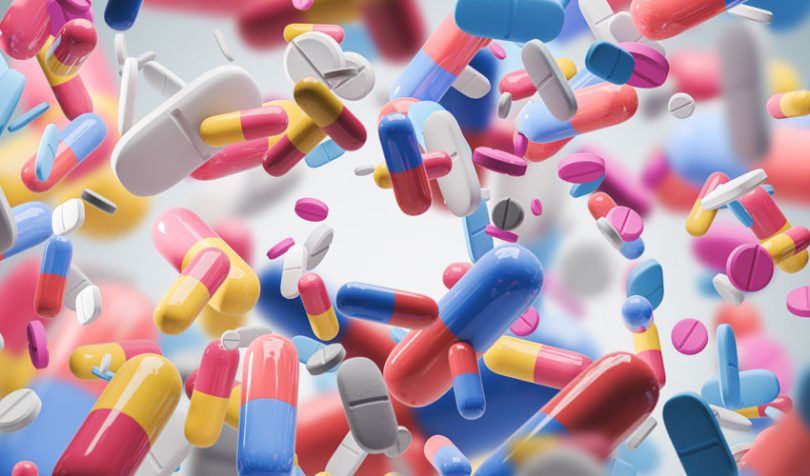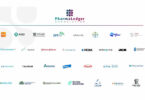Singapore-based Zuellig Pharma has built a blockchain-enabled medicine provenance application to eliminate counterfeit products from its supply chain. The company is one of the biggest drug distributors in Asia.
WHO reported that Asia accounts for the largest share of counterfeit drugs in the world, according to the Pharmaceutical Security Institute (2009). In 2017 the WHO stated that in developing countries, 10% of drugs are substandard or falsified. The global fake pharma market could be as big as $200bn a year, according to Reuters (2010).
Given the concerns about the legitimacy of drugs in the region, it is logical for Zuellig to turn to blockchain for medicine traceability. Supply chains have many participants, and an investigation into the origin of a drug can take weeks.
Blockchain can record the transfer of a product right from the manufacturer, wholesaler and retailer and back if the medicines are returned. This cuts down the time required for eliminating the counterfeits from the supply chain.
Zuellig’s eZTracker app
Zuellig Pharma has developed a smartphone app powered by SAP’s blockchain platform that lets consumers verify the authenticity of a drug by just scanning a barcode. If a product is found to be fake, automatic alerts will be sent by the app to the drug manufacturer and Zuellig Pharma. The notifications will provide details about where the counterfeit pharmaceuticals entered the supply chain.
“eZTracker uses blockchain to address counterfeit products, cross-border trading and product recalls. It allows for instantaneous material traceability, and this results in unparalleled levels of quality control and compliance to improve patient safety,” said Daniel Laverick, Head of SAP & IT Solutions at Zuellig Pharma.
Manufacturers can detect cross-border transactions, to prevent their drugs being sold in a region which has different standards for drugs.
Laverick added that in future, the application may be extended to governments and non-profits administering medicines to verify drug authenticity.
The company is also considering using the same technology for its supply chain to capture sensor data about environmental conditions in which drugs are transported. It may also be used for payments and transactions, Computer Weekly reported.
Laverick also said Zuellig Pharma was considering providing data captured on its blockchain platform to the authorities to help with policing.
Blockchain for counterfeit drugs
Blockchain is a major tool being used by the pharma sector to comply with the US Drug Supply Chain Security Act (DSCSA) which requires drugs to be serialized and traceable. The need to share information amongst numerous parties and have a single source of truth makes blockchain a good match for drug serialization.
US-based Chronicled has developed the MediLedger platform and aims to address the issues associated with the pharma supply chain. Last week, SAP and Chronicled announced a partnership to combine their blockchain platforms to offer DSCSA compliance to pharma supply chains. This is ahead of November’s deadline relating to returned pharmaceuticals.
Last year, SAP announced it is working with a group of drug manufacturers on a blockchain project to verify the authenticity of product returns.







